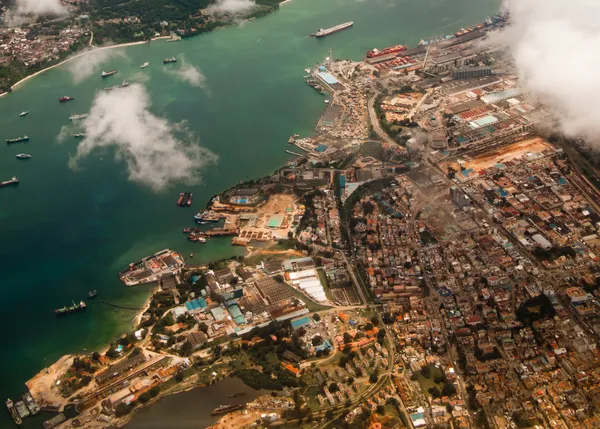26 countries participated in a ministerial roundtable on the occasion of the 17th IRF World Meeting & Exhibition in Riyadh on November 10-14, 2013. The roundtable was convened to address key challenges faced by the sector, and discuss a long-term agenda that builds on successful policies and programs.
December 12, 2013
Read time: 3 mins
26 countries participated in a ministerial roundtable on the occasion of the 17th IRF World Meeting & Exhibition in Riyadh on November 10-14, 2013. The roundtable was convened to address key challenges faced by the sector, and discuss a long-term agenda that builds on successful policies and programs.
Highlighted global issues included road traffic injuries, responsible for 1.3 million deaths a year, the highway infrastructure funding gap, estimated at nearly US$16 trillion, and the need for more robust transport data as a basis for sound policymaking.
The Ministerial session was one of the high points of the 17th IRF World Meeting & Exhibition, and provided tangible evidence of the IRF’s ability to act as a meeting place for top level discussions.
“Transport is the backbone of economic development in any nation,” noted Saudi transport minister Jabara Al-Suraiseri. “Our transport sector is facing many challenges on account of fast-growing demand.”
2,000 Delegates Gather in Riyadh for IRF World Meeting & Exhibition
More than 2,000 industry professionals from the private sector, academia and government, including an unprecedented 15 Ministers of Transport, took part in the five-day landmark event.
Held against a backdrop of unprecedented investments in transport infrastructure in the Gulf region, the World Meeting was articulated around policy roundtables and technical sessions developed in partnership with a network of 24 supporting organisations, representing all major stakeholders and regions of the world.
Over 4,000 square metres of exhibit space representing the best in industry innovation and governmental programs provided tangible evidence that road sector actors are working together to address issues facing the sectInterventions by the ministers of Turkey, Bahrain, Burkina Faso, Egypt, Kosovo, Morocco and South Korea underscored how seriously the world’s top policymakers take these challenges and the value of cooperation across borders.
“There are huge gaps between advanced countries and developing countries in terms of the level of mobility, convenience and benefits that the public can enjoy through access to infrastructure,” said Vice-Minister Hyung Koo Yeo, South Korea’s vice minister of land, infrastructure and transport. “I am confident that the IRF can lead in integrating currently scattered efforts.”
“Governments need to assign a certain level of budget to road safety. In 2014, we need to evaluate progress to date and establish a roadmap to the second half of the UN Decade of Action,” noted Burkina Faso’s infrastructure minister Jean-Bertin Ouedraogo.
“Turkey has an ambition target of being in the 10 most developed countries in the world by 2023. To keep up with this target, we Plan to realise investments amounting to US$200 billion in the next 10 years, of which US$80 billion will be realised by public private partnerships,” according to Binali Yildirim, Turkey’s minister of transport and telecommunications.






